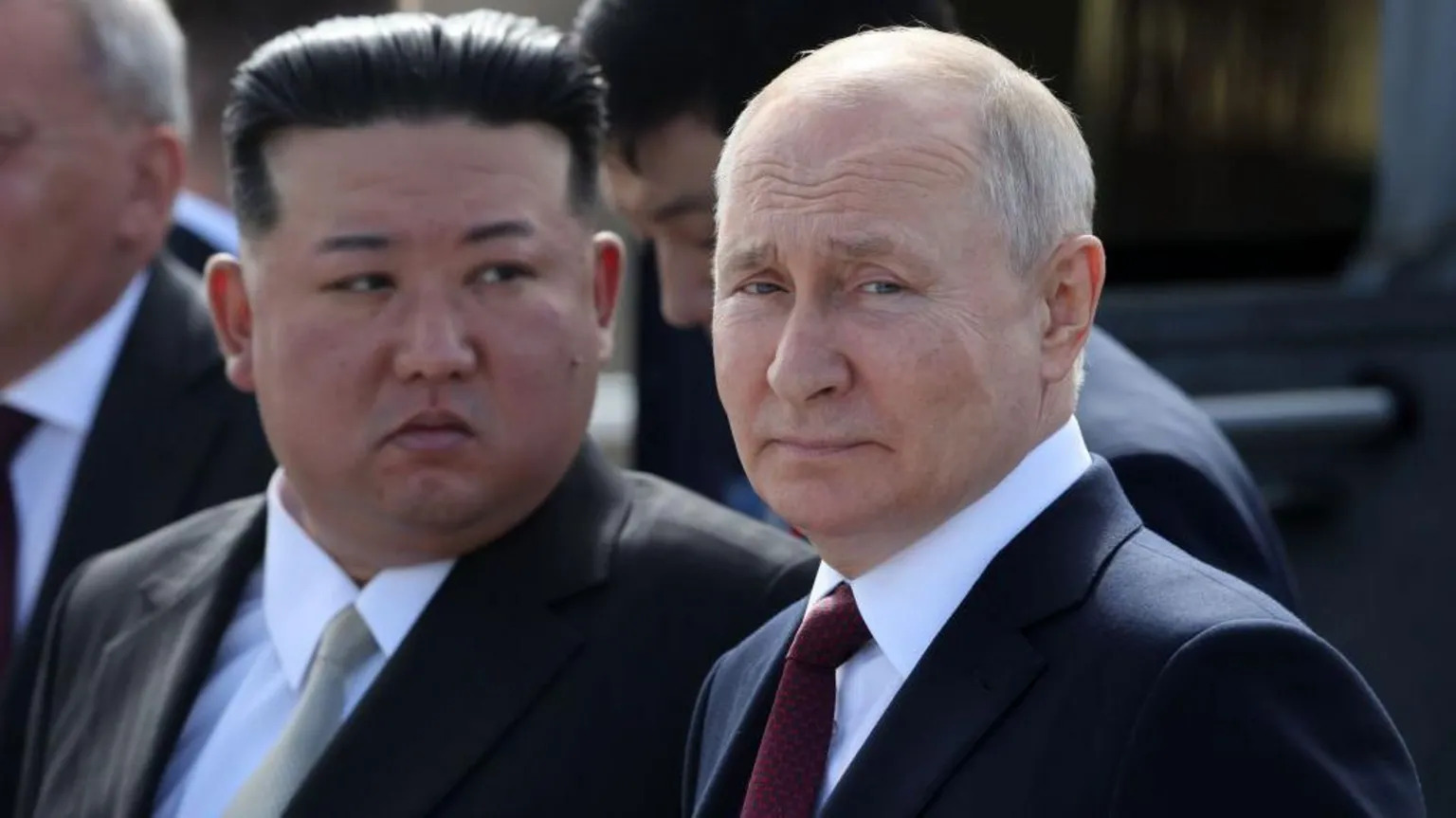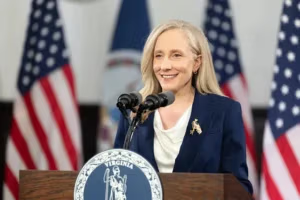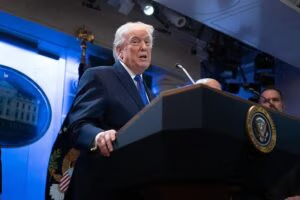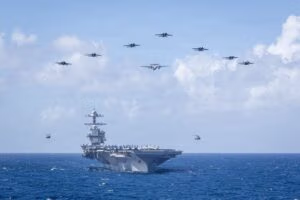In early September, Beijing will host a military parade marking 80 years since Japan’s surrender in World War Two. On the surface, it is a commemoration of history. But this year’s event has become much more than a ceremonial display of military might — it is a carefully orchestrated stage for global diplomacy. North Korea’s Kim Jong Un and Russia’s Vladimir Putin will attend alongside China’s leader Xi Jinping, creating a striking photo opportunity and sending a clear signal to Washington.
Kim Jong Un Seeks Legitimacy on the World Stage
For Kim, the visit is highly significant. It marks his first trip to Beijing in more than five years and comes at a time when he wants to project himself as more than a global pariah. North Korea relies heavily on China for food, trade, and political support, and standing alongside Xi and Putin signals to the world that Pyongyang has powerful allies. The last time a North Korean leader attended a military parade in China was in 1959, underscoring the rarity and symbolic weight of this visit.
Putin Finds Support Amid Western Isolation
For Putin, who faces widespread condemnation over the war in Ukraine, the parade offers symbolic legitimacy. As Russia struggles under Western sanctions and diplomatic isolation, appearing alongside China’s leader and North Korea’s head of state reinforces Moscow’s narrative of having steadfast international partners.
Xi Jinping Projects China as a Global Diplomatic Heavyweight
The event also allows Xi to assert China’s influence beyond its economic might. By convening leaders often shunned by the West, Xi positions Beijing as a diplomatic power capable of shaping global outcomes — whether in Ukraine, the Korean Peninsula, or U.S.-China trade relations. The timing is particularly significant, as the White House has indicated that former President Trump could visit the region later this year, potentially meeting Xi. By hosting both Kim and Putin first, Xi could enter any talks with Washington already holding strategic leverage.
A Complex Stage for U.S.-China Relations
Negotiations between the U.S. and China remain delicate, from tariffs and trade disputes to the sale of TikTok. Analysts note that Xi’s ability to influence both Kim and Putin could prove critical in any efforts to de-escalate conflicts in Ukraine or the Korean Peninsula. For Trump, a potential meeting with Xi would occur after Beijing has hosted these high-profile leaders — potentially giving Xi insights and leverage that Washington does not currently have.
China and North Korea: A Strategic Dependence
Despite speculation that North Korea’s growing closeness to Russia might strain relations with Beijing, Kim’s visit suggests the partnership remains intact. China provides nearly 90% of North Korea’s food imports, making the relationship economically vital. Sharing the stage with Xi, Putin, and other international figures also grants Pyongyang political legitimacy it cannot secure elsewhere.
The Broader Geopolitical Implications
For Xi, the parade is more than symbolism. It represents diplomatic leverage with Washington and a potential platform to influence major global conflicts. The question now looming over international observers is whether Xi, Putin, Kim, and even Trump could eventually find themselves in the same room. While speculative, the event underscores China’s growing role as an indispensable player on the world stage and a broker of power in a rapidly shifting global landscape.






